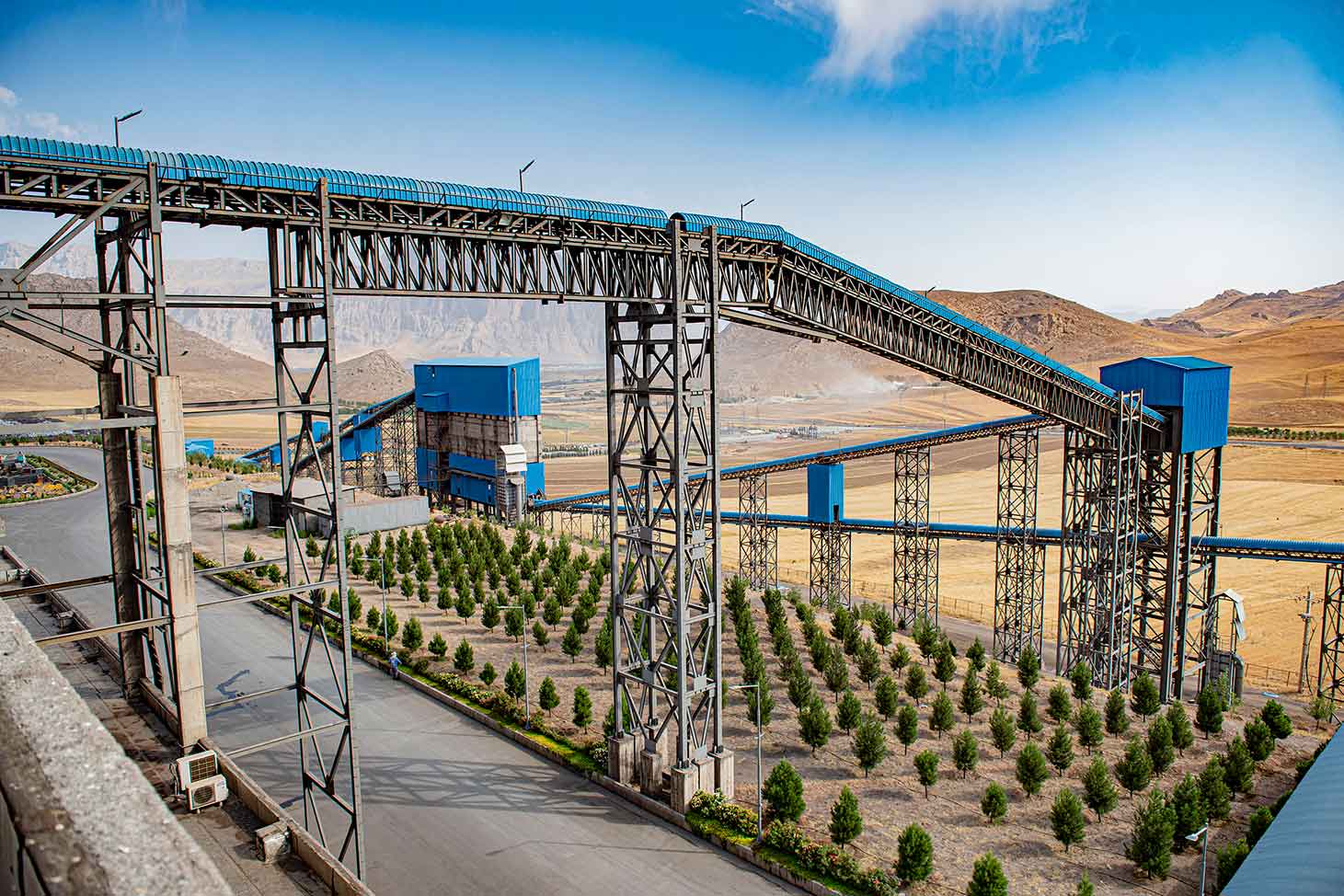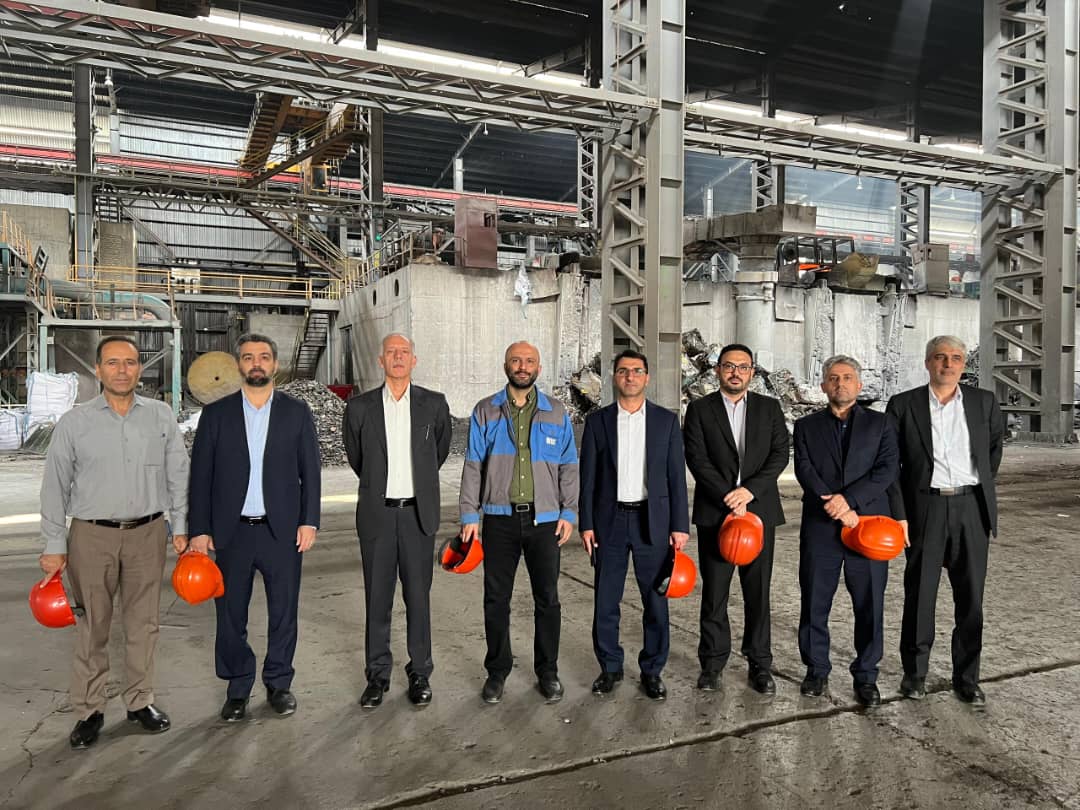In line with its commitment to sustainable development and reducing the environmental impacts of the steel and smelting industries, Bisotoun Steel has implemented a new technology for separating and recovering iron from induction furnace slag. This valuable initiative not only plays a vital role in preventing resource loss but also significantly contributes to reducing environmental pollution and optimizing the management of industrial waste.
Slag is a by-product of the metal smelting process, formed from the combination of impurities in raw materials and fluxes. It typically contains considerable amounts of metal oxides, silicates, and even trapped iron. If not properly recycled, slag can become an industrial waste that pollutes soil, contaminates water sources, and increases disposal costs. However, through advanced processes, the remaining iron in slag can be extracted and reintroduced into the production cycle—an approach with both economic and environmental benefits.
By implementing the slag recovery project, BisotounSteel has effectively enhanced its industrial waste management. One of the key advantages of iron separation from slag is the reduced need for raw iron ore extraction. Mining and processing raw materials are among the primary causes of deforestation, soil erosion, and destruction of natural habitats. Iron recovery from slag reduces the demand for virgin resources, thus relieving pressure on natural ecosystems. Furthermore, decreased consumption of raw iron ore means lower energy usage, reduced fossil fuel consumption, and fewer greenhouse gas emissions from mining, transportation, and mineral processing—contributing directly to a smaller carbon footprint for the steel industry.
In addition to iron recovery, the remaining slag—devoid of valuable metals—can be repurposed in various industries, especially road construction. Processed slag has favorable physical and mechanical properties, making it an excellent material for road base layers. This use exemplifies a sustainable cycle in industrial waste management that preserves natural resources while reducing the volume and environmental impact of industrial waste.
In many countries, effective industrial waste management is considered a key indicator of sustainable industrial practices. BisotounSteel’s initiative reflects the company’s commitment to environmental stewardship and adherence to global environmental standards.
This project is not just an economic strategy to boost efficiency and cut production costs; it also represents a sustainable model that can inspire other industrial units. Today’s steel industries are expected to adopt eco-friendly practices, and Bisotoun Steel has demonstrated that it is possible to strike a balance between industrial production and environmental preservation.
This initiative is part of the company’s broader sustainability agenda aimed at reducing environmental impacts, optimizing resource consumption, and moving toward greener industry. With the execution of this project, Bisotoun Steel once again reaffirms its dedication to environmental protection and the efficient use of resources.
Shokri Industrial Group Public Relations






